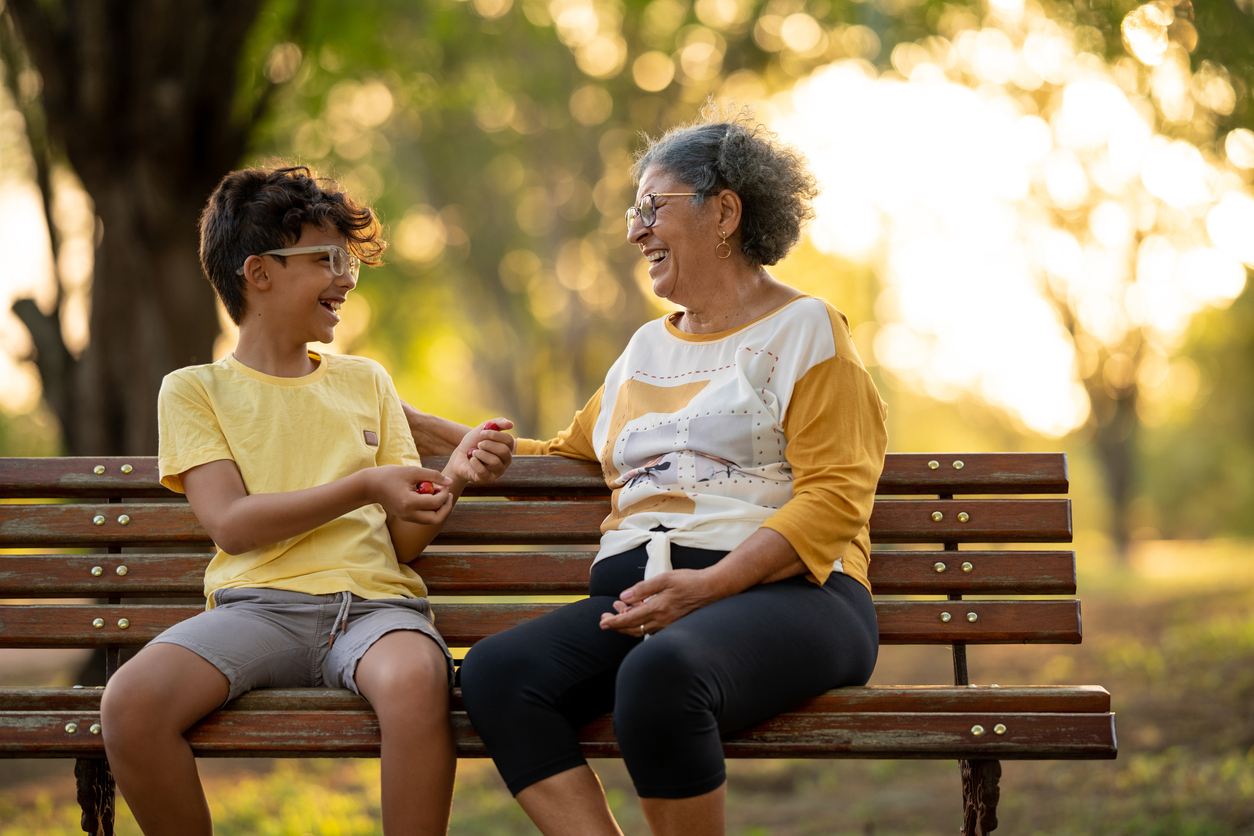
Information on child arrangements orders for kinship carers, including how you get one, how they work and available support.
Information and advice on the types of financial support available to kinship carers with a child arrangements order.
This advice applies to: England and Wales
Click on the link below to take you to the section you'd like to read:
A child arrangements order (CAO) is made by a family court and states where a child will live, as well as who they can spend time with and for how long. Read more about child arrangements orders.
The most common ways to get financial help include:
There may also be further financial help if you or the child you care for are disabled or have a long-term illness.
If you have a child arrangements order, the child’s parents have a responsibility to help pay for the cost of caring for them. However, you need to agree this together and kinship carers often find that a child’s parents are not able or don’t want to provide that financial support.
If the child’s parents refuse to help pay for the child’s care, you can contact the Child Maintenance Service (GOV.UK) for advice and support. You will usually have to pay a fee.
If you separate from your partner and:
you can’t claim child maintenance from your partner. It should come from the child’s biological or adoptive parents.
If you have a child arrangements order, you can ask for support from children’s services in two ways:
If you have a child arrangements order, you may be able to get an allowance from children’s services.
The allowance is:
A social worker can assess your circumstances, decide what support you should get and review that support every year.
Children’s services will use foster allowance rates as a guide when assessing your financial situation.
You are more likely to get an allowance if the child was in the care of children’s services before the order was made.
You can ask to see your local council’s family and friends care policy, which will include information about child arrangement order allowances.
Under Section 17 of the Children’s Act 1989, every council has to provide a range of family support services, which includes financial support.
That means you may be able to claim one-off payments to help pay for items such as bedroom furniture and nursery costs. If you are a low-income family, you may be able to get regular payments to help pay for the cost of caring for the child.
All support from children’s services will depend on your specific situation. A social worker from children’s services will assess the child and decide if they are a ‘child in need’. They will then make a decision about what support you should get.
Any financial support you receive from children’s services gets reviewed every year.
From Autumn 2025, 10 local authorities in England will be part of a pilot scheme offering kinship allowances equivalent to the fostering national minimum allowance (NMA) to kinship carers with a special guardianship order (SGO) or a ‘lives with’ child arrangements order (CAO) and who would be ‘otherwise in care’.
Local authorities will need to apply to be part of the pilot, which is funded by the Department for Education. Kinship carers will need to apply to their local authority for the allowance, once the local authorities taking part in the pilot are announced.
You may be able to claim one of the following government benefits to help you with day-to-day living costs and the cost of caring for a child.
Universal Credit is a means-tested benefit for people of working age who are on a low-income. You can be working, looking for work, sick or disabled, or caring a child or disabled person.
Learn more about Universal Credit for kinship carers
Child Benefit is paid to anyone bringing up a child under 16 years of age or a young person under 20 years of age who is in approved education or training. Only one person can get child benefit and there is no limit to how many children you can claim for.
Learn more about Child Benefit for kinship carers
If you are over State Pension age, you may be able to get Pension Credit, which is separate to your State Pension. It gives you extra money to help pay for day-to-day living costs, which will include looking after a child if you are a kinship carer.
Learn more about Pension Credit for kinship carers
If you are bringing up a child whose parents have died, you could be able to get a Guardian’s Allowance. You may also be eligible if there is one surviving parent. Guardian’s Allowance is tax-free and you can get it on top of any Child Benefit you receive.
Here at Kinship, we offer a range of free support for all kinship carers, including workshops, online advice and information, and support groups.
To find services, information and support in your local area, including information about your local children’s services, use our Kinship Compass tool.
You can also contact the Kinship advice team for free, non-judgmental advice and information if you live in England or Wales.
Sign up for emails to keep up to date with the information that’s important to you, from support and advice for kinship carers, to our latest news, events and campaigns.